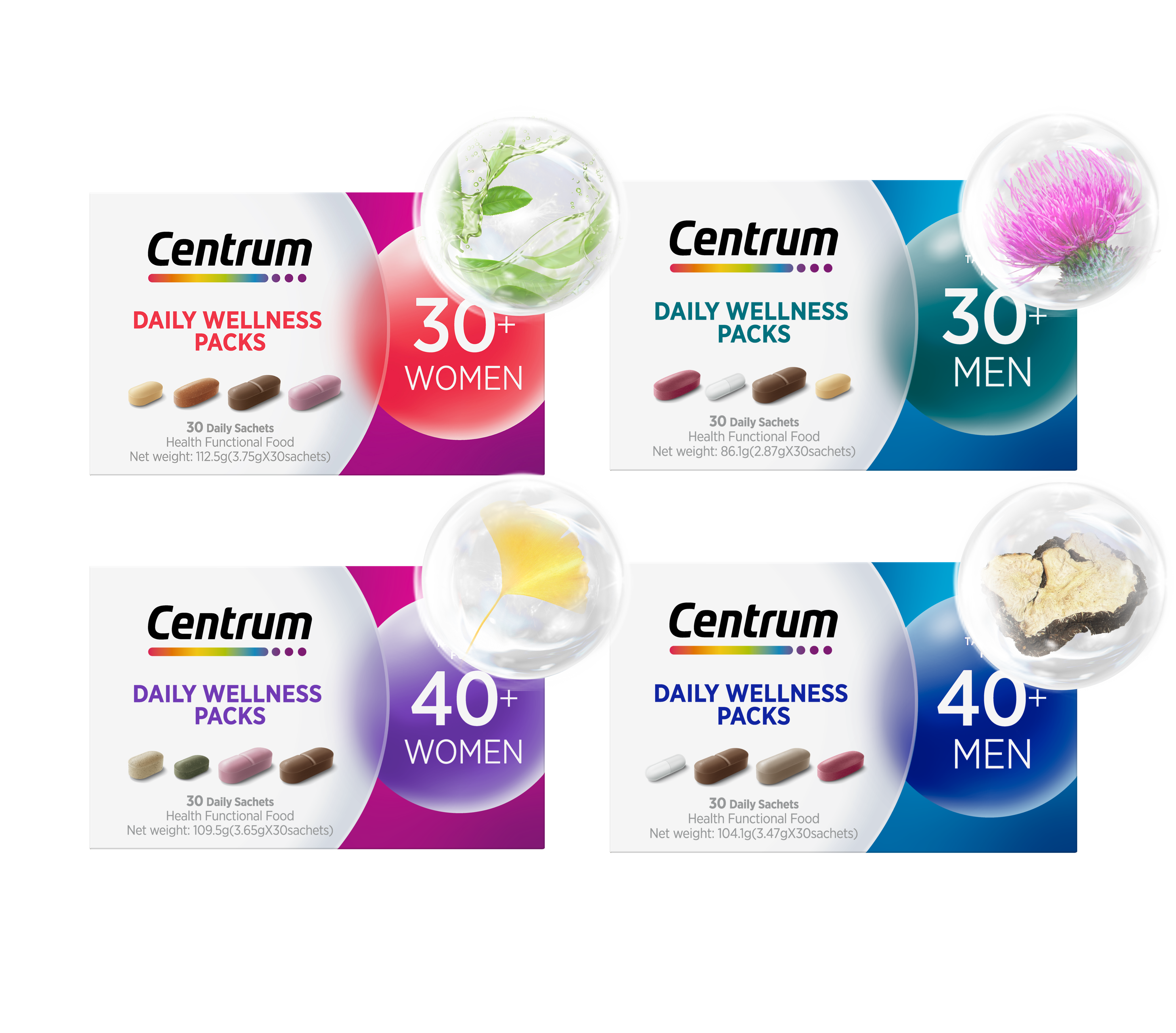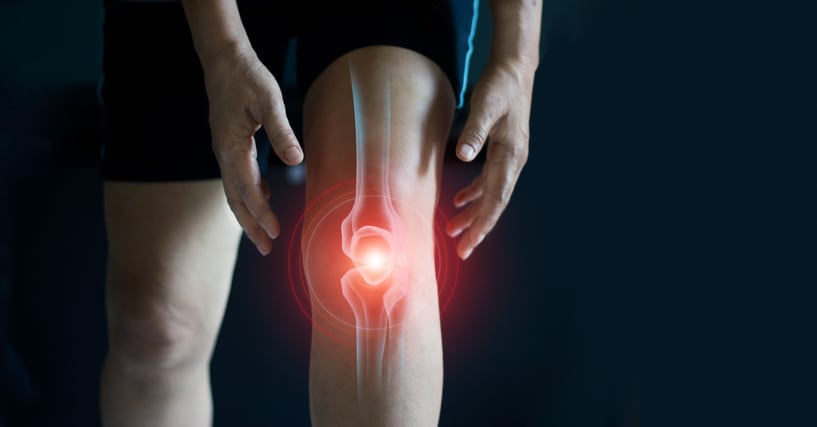For example, it is introducing a program similar to Bone Up China in The Philippines, as it seeks to expand the market presence of its calcium supplement brand Caltrate, said Haleon’s APAC president Keith Choy.
In contrast to China where the focus has been largely on the ageing population, a key target audience in The Philippines would be pregnant women, as they are also a group that requires calcium and bone support.
In China, the company’s Bone Up program is often cited as a factor driving awareness and uptake of Haleon’s Caltrate calcium supplement products.
It does so by raising the awareness of osteoporosis, providing free bone density, and working closely with government and medical experts in public education of bone health.
“Bone up China has standardised osteoporosis prevention by introducing the first diagnosis and treatment guidelines, including the use of calcium supplements, and is in full support of the government program Healthy China 2030,” said Susan Gu, general manager of Greater China during a video presentation at the Capital Markets Day.
According to Gu, Caltrate’s market share is over one and a half times that of its closest competitor.
In its Q1 2025 results, Haleon reported a “high-single digit growth” in calcium supplement brand Caltrate and “mid-single digit growth” in multivitamin brand Centrum in Asia-Pacific.
In particular, Caltrate’s growth in the quarter was said to be underpinned by innovative launches in China.
Based on the success seen in China, the company is replicating the model into other markets.
The Philippines has been earmarked as one such market.
“We also see future growth opportunity by replicating this established model in other markets.
“For instance, Caltrate is the number one calcium supplement in the Philippines. However, there’s still significant headroom to grow, as over 75 per cent of consumers are deficient in calcium.
“We are building the category and we are at the initial stages of applying elements of the Bone Up China model,” said Choy.
In this case, the company is driving condition awareness of calcium deficiency during pregnancy, where it is reaching out to 80 per cent of gynaecologists across The Philippines.
The focus is on highlighting the need for calcium supplement and providing bone density tests in clinics and in store.
In China, the company will further drive awareness of mobility conditions with an artificial intelligence (AI) based mobility assessment tool.
Consumers will be able to access the tool through social media and messaging mobile application WeChat.
Haleon’s total VMS revenue for Q1 2025 was down 1.4 per cent from GBP$422m (US$561.3m) to GBP$416m (US$553m).
The company said that the decline was a results from the high base recorded last year, weak market conditions for the multivitamin category, and increased promotions amongst competitors.
Replicating China’s premium strategy in South Korea
Haleon will also introduce its premium supplement range currently available in China into South Korea.
The premium range, known as Centrum Daily Wellness Packs, is designed to address age, gender, and lifestyle needs and to grow in the “super premium” VMS segment, which is said to be growing over two times faster than the overall multivitamin category.
In China, Centrum Daily Wellness Pack is about six times more expensive than the basic Centrum product, said Gu.
The products, backed by a strong launch in Douyin - China’s version of Tiktok - have helped Centrum grown by nearly two share points in digital commerce in the first year of its launch.
“We are rolling this out to new geographies, recently launching in South Korea and nearly five times premium versus our base range,” said Choy.
He added that the packs accounted for approximately 40 per cent of Haleon’s South Korea digital commerce sales since launch.
Meeting lower income consumer needs
One of the key goals for Haleon this year is to penetrate the low income consumer groups, and it will drive the uptake of VMS through individual packs in markets such as The Philippines and India.
In the Philippines for instance, Haleon has launched individual vitamin effervescent powder priced at approximately 10 pence per unit.
CEO Brian McNamara said that there remained untapped opportunities in the lower income consumer group, which was why the company has set sights on this group of consumers.
“[The] Third [opportunity that we see], [is] driving penetration among lower income consumers. By that, I mean all consumer groups outside the highest income bracket.
“We believe that we’re uniquely positioned to deliver on the needs of these lower income consumers.
“Today, we’re significantly under penetrated with this population, with our market share less than half that of higher income consumers,” McNamara said.
In the Philippines, the individuals packs vitamin effervescent powder are sold in small neighbourhood stores where low income consumers would buy their products from.
Choy pointed out that 70 per cent of Filipino families earn less than 500 pounds per month and primarily rely on daily or weekly wages.
“For these individuals, maintaining good everyday health is crucial, as they rely on the ability to work every day to provide for their families,” he said.
Around 90 per cent of Filipino consumers lacked iron and folate, and over 75 per cent are deficient in vitamin B, vitamin C and calcium.
For instance, its Centrum Advance is available for sale in single unit in The Philippines at a price point of about 10 pence.
The model of selling products at individual pack size is also replicated in India.
“We are also applying this model to India, where VMS penetration is low, at just 12 per cent.
“We have just launched Centrum Recharge with a price point of approximately 10 pence per sachet, to provide affordable solution for lower income consumers to enter the category,” said Choy.



